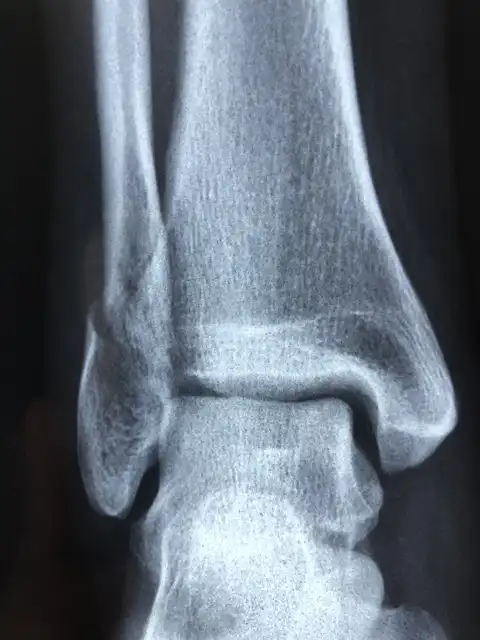
Life Expectancy Slowdown: Gains Capped After 1939
Life expectancy gains in wealthy nations have slowed since 1939. No generation born after 1939 is expected to reach 100, impacting retirement and healthcare planning.

Life expectancy gains in wealthy nations have slowed since 1939. No generation born after 1939 is expected to reach 100, impacting retirement and healthcare planning.

Research shows that 'gluten sensitivity' may stem from gut-brain interactions and FODMAPs, not gluten. This impacts IBS diagnosis, diet management, and public health messaging.

Trump administration cuts refugee SNAP benefits, impacting healthcare and food security. Advocates decry the move, citing refugees' contributions and potential health consequences. Budget cuts impact refugee support.

New research reveals vascular-associated fibroblastic cells (VAFs) role in type 1 diabetes. A $3.2M grant will explore VAFs, immune response, and potential treatments for this autoimmune disease.

Scientists use CRISPR to control memory expression by modifying the epigenetic state of memory cells via Arc gene. This offers new insights into memory storage and potential treatments for memory-related disorders.

Researchers enhance gene editing using retrons to efficiently replace entire genes, targeting multiple mutations in diseases like cystic fibrosis. This innovative approach offers broader, more affordable gene therapies.

MIT research reveals cysteine, an amino acid, enhances intestinal stem cell regeneration and repair by activating CD8 T cells and IL-22 release, potentially aiding recovery from radiation damage.

Research shows maternal peanut consumption during pregnancy and lactation influences offspring's DNA methylation, impacting neurodevelopmental and inflammatory genes. Breastfeeding duration plays a key role.

UMass Amherst receives $17.9M in NIH grants for opioid use disorder (MOUD) & HIV treatment programs in jails, addressing healthcare access & Medicaid barriers for incarcerated individuals during opioid epidemic.

ASU study reveals gut microbes producing methane impact calorie absorption from fiber-rich foods. Higher methane equals more calorie extraction, impacting personalized nutrition.

New imaging reveals alpha-synuclein oligomers linked to Parkinson's. The ASA-PD technique detects protein clusters in brain cells, offering potential for earlier diagnosis and treatment of Parkinson's disease.

Immunotherapy efficacy can be boosted by preserving lymph nodes, crucial for T cell training. Research suggests lymph node removal during surgery may hinder cancer treatment response. Gut bacteria also influence immunotherapy.
Scientists are using infrared tags to track doxorubicin (DOX-IR) inside cancer cells, improving drug delivery and treatment effectiveness. This allows measuring drug concentration, opening doors for personalized cancer therapies.

Vaccinations offer health, economic, and societal benefits. They promote community resilience, reduce healthcare costs, and enable workforce participation, impacting individual and community well-being. Concentric Value of Vaccination.

New iron supplement combines iron, probiotics, and prebiotics for better absorption, gut health, and reduced inflammation. Mouse studies showed normalized hemoglobin and gut bacteria. Treats anemia effectively.

Study: Weight loss surgery surpasses GLP-1 drugs (Ozempic) for diabetes/obesity. Surgery offers better long-term survival, less heart/kidney issues, and improved blood sugar control. #diabetes #obesity

A fringe 'chemtrails' theory gains traction, alleging toxic chemicals released via aircraft. Debunked by scientists, it highlights the spread of misinformation and its potential impact on public health policy.